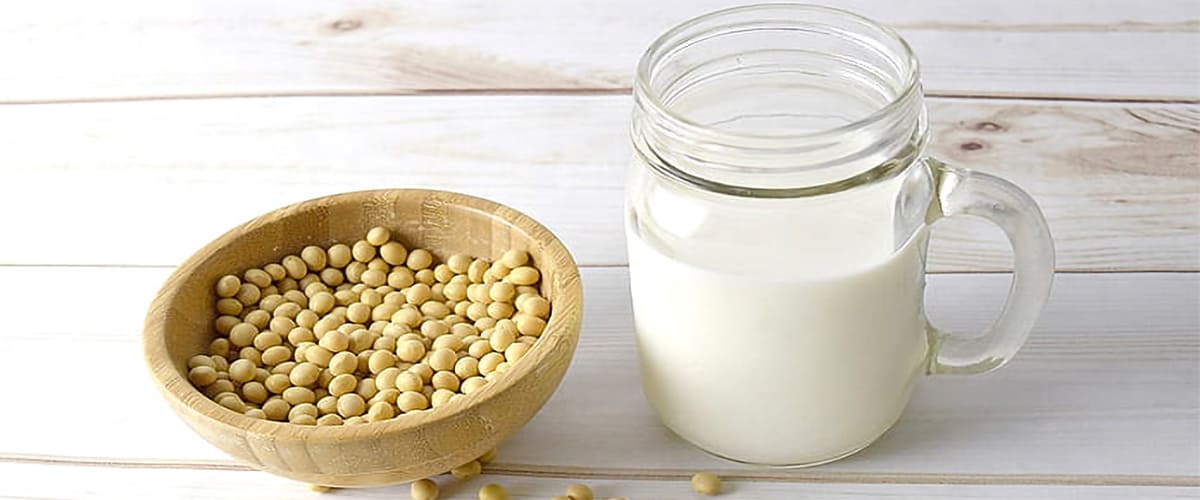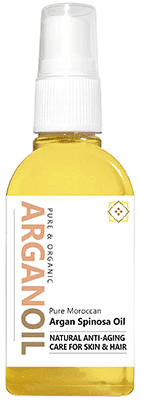
Isoflavones & the Benefits of a Soy Rich Diet for Skin at Menopause
Women that grow up in the “far east” eat a diet rich in soy and tofu. These women also enjoy much lower rates of all menopause symptoms than women in the “west”.
Both Soy and Tofu contains Phytoestrogens a plant derived Oestogen in the body.
In a 2009 study 30 postmenopausal women were given 100 mg/day of isoflavone-rich, concentrated soy extract for six months. The results were clear improvements in skin elasticity and collagen.
Isoflavone Studies
Isoflavones found in Soy can be metabolised into the very useful the non-steroidal estrogen S-equol. Equol has been shown to influence skin genes and proteins toincrease collagen I and III, elastin, and TIMPs levels and also metalloproteinases gene expression.
Although information is a bit inconsistent a number of studies suggest these plant based oestrogen mimics may have many benefits for symptoms of menopause – and even anti breast cancer action.[105]
It was also found that another Isoflavone in Soy, genistein, may help to prevent bone resorption and bone loss and have other anto cancer properties.[109]
2009 Study Results in Detail
Isoflavones have biological action similar to natural estrogen.
This is because have structural similarities to natural and synthetic estrogens.
Another double-blind, placebo-controlled study of 94 post-menopausal women was made to evaluate the effect of an isoflavone enriched high-protein diet. The results showed an increase in facial skin hydration and a significant decrease in dryness after just three months.
At the end of the 6 month long study researchers discovered:
- A 9.46% increase in the thickness of the epidermis in over 60% of subject
- An 8% increase in Collagen in the skin increased in 86.2% of subjects
- Improvement in the number of elastic fibers in over 75% subjects
- Numbers of dermal blood vessels increased significantly in over 60% of subjects. [87]
Diet or Supplements?
Soy metabolisation depends on gut microbiota.
About 50% of women in Asia metabolize soy into S-equol.
Only 25% of women in the United States are S-equol producers.
Furthermore, not all isoflavones are metabolised as easily. Daidzein in Soya was found to be significantly easier to absorb.[67]
Since Soy is very difficult to digest simply adding Soy or Tofu products to the diet may take time for effects and may work better for some women than others.
In the far east much of the Soy is taken in the form of fermented products such as: miso, tempeh, annatto, and fermented soy sauces.
It is thought that fermented Soy has in effect been partially digested and so may be metabolised more easily.
So sourcing a supplement in addition may be also be a good option.
Other Sources of Isoflavones
Phytoestrogens come in a few clases. One is the lignans, components of plant cell walls found in berries, seeds, grains, nuts and fruits.
However, most phytoestrogens are isoflavones and coumestans.
These groups of Isoflavones are not just found in Soya and Legumes.
You can also get these into the diet through berries, wine, grains and nuts.
A Final Note of Caution
Always check with your doctor before increasing your intake of isoflavones in large amounts if you are using birth control pills, hormone replacement therapy or being treated for breast cancer.
An Alterative Natural Therapy for Post-Menopausal Skin

Pure Argan Oil 2.03 fl oz
Pure double filtered Organic Argan Oil for a lighter Argan scent.
- 100% Pure Oil
- Certified Organic
- In Stock
- Quality Guarantee
- Free USPS 5-7 Day Tracked Shipping to U.S.
Now $21.22
A 2014 study evaluated the effect of the daily consumption and/or application of Argan Oil on skin hydration and age in postmenopausal women.[88]
The results of the study confirmed that:
“consumption of Argan Oil led to a significant increase of gross-elasticity of the skin, net elasticity of the skin, biological elasticity and a significant decrease of RRT – (resonance running time – a measure of skin elasticity).
The application of Argan Oil led to a significant increase of gross-elasticity of the skin, net elasticity of the skin, biological elasticity and a significant decrease of RRT.”
They also found that using Argan Oil led to a significant decrease in transepidermal water loss and a significant increase in water content in the epidermis.[8]
